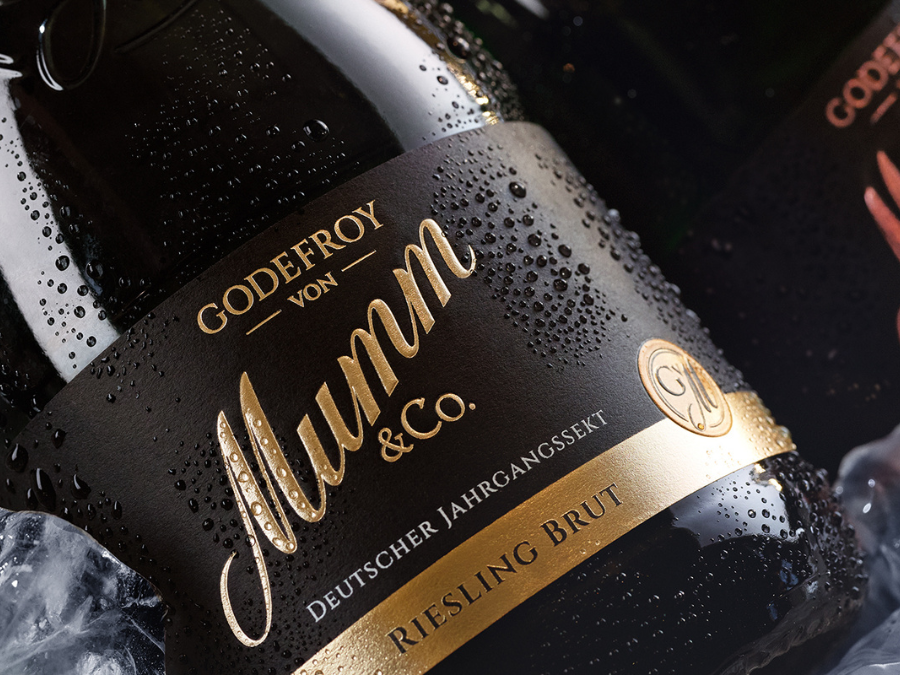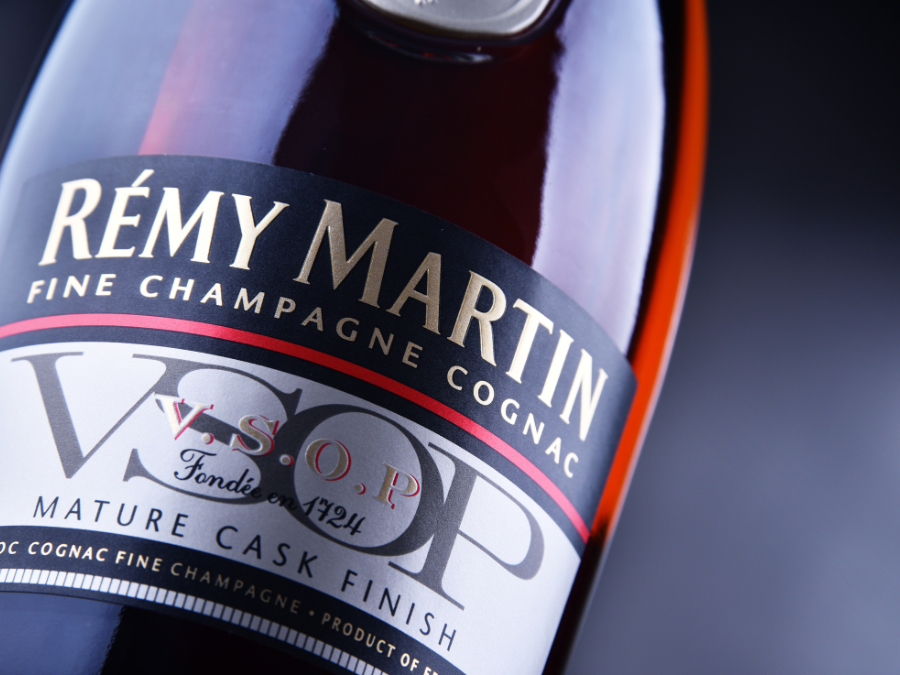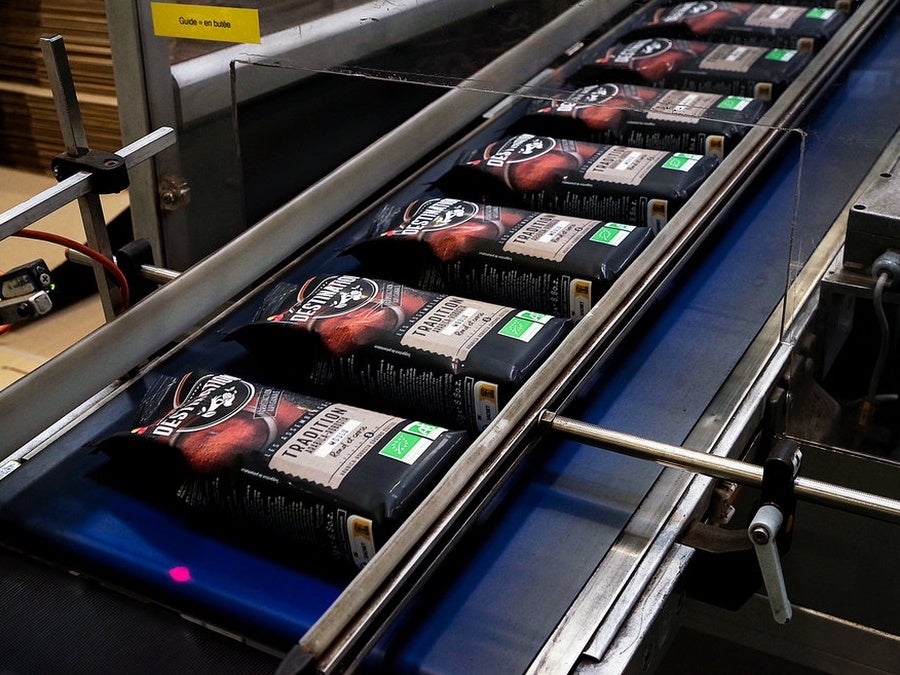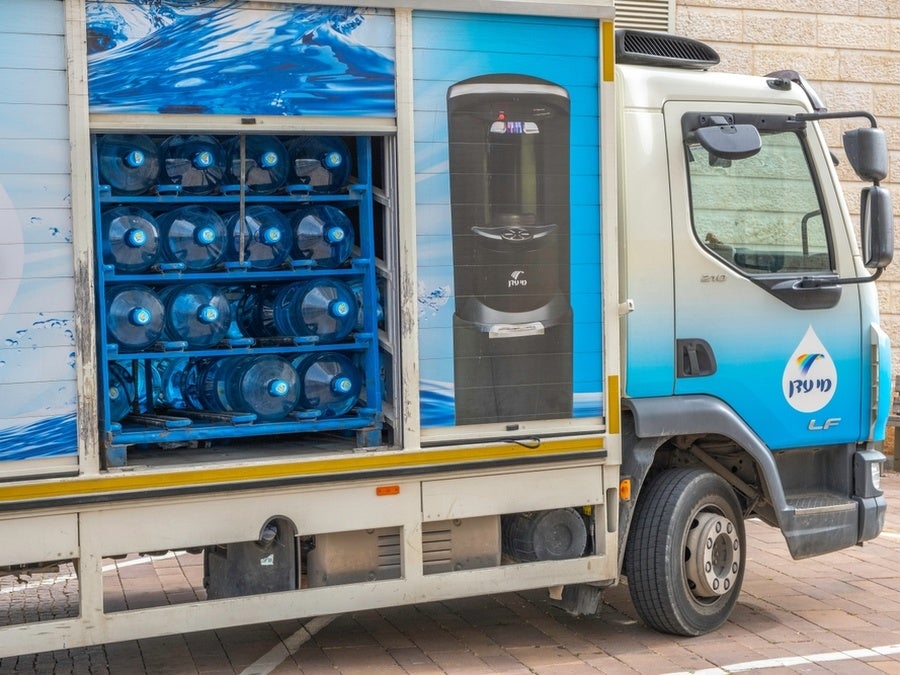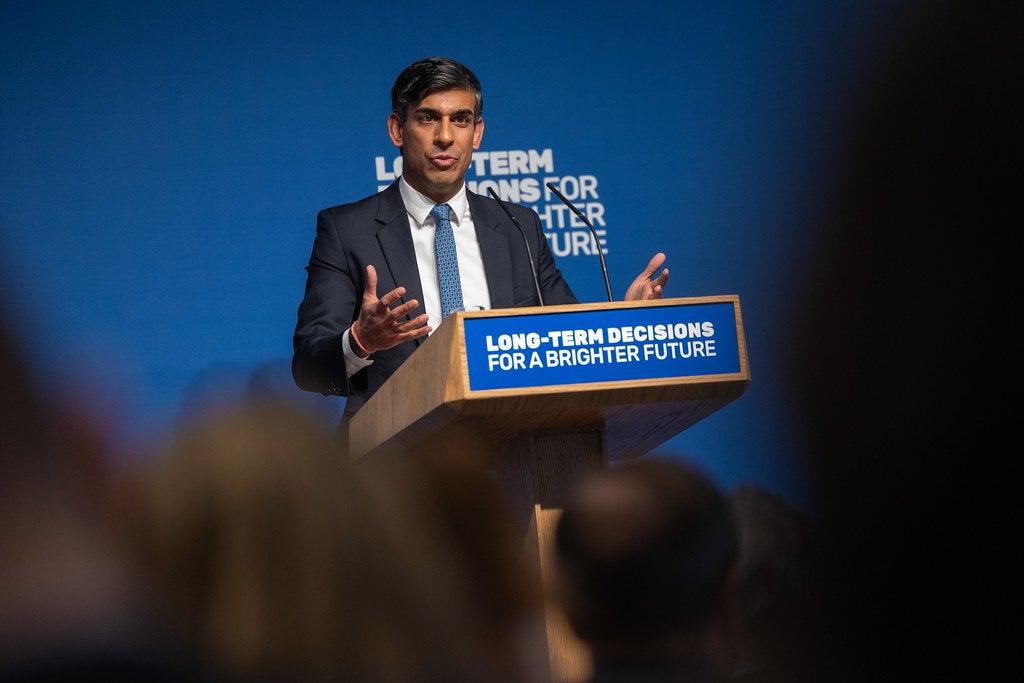Alongside our daily news coverage, features and interviews, the Just Drinks news team sifts through the week’s most intriguing data sets to bring you a roundup of the week in numbers.
This week, we took a look at South Korea's whisky market after Diageo sold its Windsor Global whisky unit, delved into beverage manufacturer filings in Israel as many face disruption amid the ongoing conflict and eyed the sparkling wine market in Germany, as Rotkäppchen-Mumm announced an operational restructure.
South Korean Scotch whisky market set to begin recovery
Category value trends for Scotch whisky in South Korea forecast steady growth for the category since it plummeted during the pandemic.
Worth $1.4bn in 2018, the value of South Korea’s scotch whisky market dropped to $883m in 2020 and is set to come in at $776m in 2023. However, analysts predict a slow return with potential to reach $835m by 2027.
It comes as Diageo today sold its Windsor Global whisky unit to PT W Co., a Korean company sponsored by South Korean investment firm Pine Tree Investment & Management Co. In Korea, Diageo operates under the entities Diageo Korea and Windsor Global.
PT W Co. has acquired 100% of the Windsor Global shares from Diageo. Financial details were not disclosed.
Despite the move, John O’Keeffe, president of Asia Pacific, global travel and India for Diageo, said: “Our position in the market remains strong as premiumisation trends persist and consumer interest in categories like international whisky continues to grow.”
Geopolitics top of mind for Israeli beverage companies
GlobalData's company filings analytics show geopolitics were a key area of concern for Israeli beverage companies even before Hamas’s attack on 7 October and the ensuing counter attacks from Israeli military.
In 2022, there were 532 geopolitics mentions compared to 448 ESG mentions, the filings show.
It comes as beverage companies told Just Drinks they face significant supply-chain disruption amid the Israel-Hamas war.
Mey Eden, one of Israel’s leading bottled mineral water companies, posted an announcement on its website which said it was operating at reduced capacity, with longer waiting times and delays in distribution time.
Last week Nestlé temporarily shuttered a plant, saying: “We focus on the safety of our colleagues and have taken precautionary measures… That included the temporary shutdown of one of our plants in Israel.” A company spokesperson clarified the closure was just for a “few days”.
Are beverage companies doing enough towards climate change?
The number of mentions of “climate change” have been steadily increasing in beverage company filings despite some criticisms over net-zero efforts.
Mentions of “climate change” in beverage companies' filings analysed by GlobalData, Just Drinks' parent company, increased from just 7,501 in 2016 to an estimated 31,396 in 2023 – a fourfold increase.
It comes as this week drinks majors called for stronger action on fossil-fuels ahead of December’s UN climate conference COP28.
An open letter was signed jointly by 131 companies from across sectors, including Diageo, Heineken and Nestlé.
To keep global warming to no more than 1.5°C – as called for in the Paris Agreement – the UN states emissions need to be reduced by 45% by 2030 and reach net zero by 2050.
Europe’s thirst for New World whiskey continues
The European market for American whiskies is set for growth following a pandemic and tariff-led dip.
Although flat between 2020 and 2023, analysis from GlobalData suggests the market could grow to $2.8bn by 2027, from $2.3bn in 2023.
It comes as US trade association The Distilled Spirits Council (Discus) this week warned of the impact of “debilitating” EU tariffs on American whiskey that could return in January – stemming its growth.
If the EU and US do not remove or extend the suspension of the retaliatory tariffs, they could come back into force at 50% in the New Year, Discus said.
The US whiskey industry had hoped the tariffs would be fully removed following this month’s summit between President Biden and EU President von der Leyen. But the suspended tariffs were not addressed during the talks, raising fears that they could come back into effect when the two-year cessation extension expires.
Keurig Dr Pepper grows steadily since pandemic
Keurig Dr Pepper (KDP) has shown strong quarterly net sales and operating profit over the last couple of years as it navigates post-pandemic headwinds.
Net sales for the third quarter of 2023 increased 5.1% to $3.81bn, compared to $3.62bn in the year-ago period. Operating income increased 127.4% to $896m, compared to $394m the previous year.
However, sales at the company's US coffee business were down 3.2% at $1.01bn, with volumes falling more steeply than they did in the group's main beverage business.
The group posted adjusted earnings of $0.48 per share, beating analysts’ consensus of $0.47.
Looking ahead, KDP reaffirmed its guidance for 5% to 6% net sales growth and 6% to 7% adjusted earnings growth. Shares jumped 1.7% Thursday morning to $29.59.
Alongside its third-quarter results this week the company announced it had entered the sports hydration category after striking a deal to sell, distribute and merchandise the Electrolit brand in the US. The Schweppes maker described the category as a “key white space” and said it planned to “significantly expand Electrolit’s distribution and continue the brand’s accelerated growth”.
Germany sparkles in European market
Germany’s sparkling wine market is the largest in Europe, with a five-year CAGR of -0.7% between 2017-22.
It speeds ahead of the UK, France and Italy – each with their own thriving sparkling wine production – according to analysis from GlobalData.
It comes as this week German sparkling wine and spirit group Rotkäppchen-Mumm announced an operational restructure which included job cuts.
Aiming to make the business “simpler and more focused”, the company is also rejigging customer-facing elements of its organisation, such as its marketing division.
“Our business has reached a level of complexity that challenges us, particularly in times of economic uncertainty,” a spokesperson for Rotkäppchen-Mumm said. “Think of increased raw material costs, changes in consumer behaviour and persistent inflation.”


